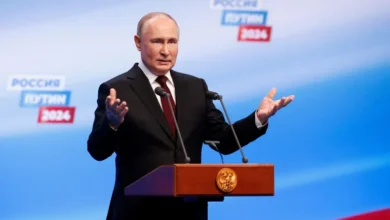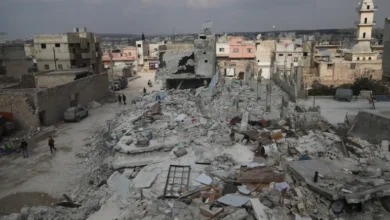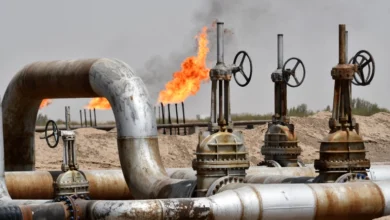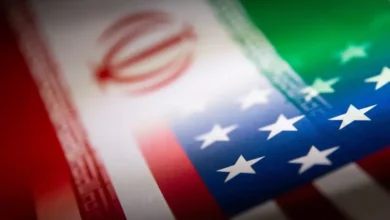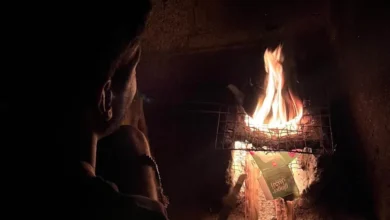The world after the Ukraine war
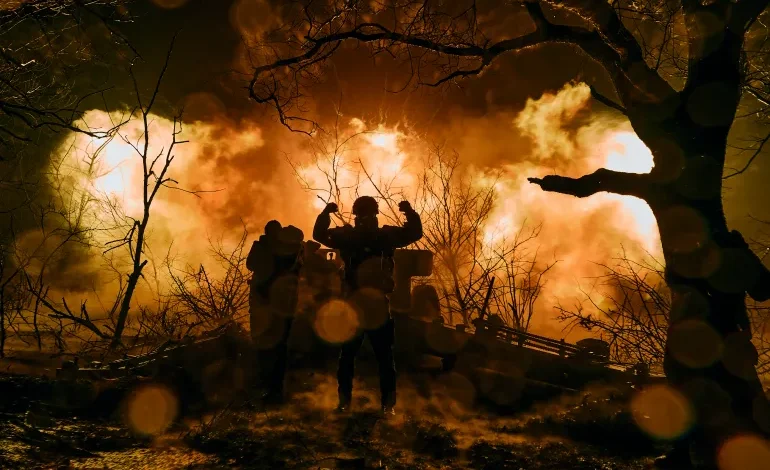
Russia’s full-scale invasion of Ukraine has been catastrophic. It has led to the loss of tens of thousands of precious lives, the displacement of millions of people, and the destruction of countless homes, civilian buildings and infrastructure.
It has also unravelled Russia’s moral and strategic standing in the world, as it has become clear just how badly prepared the Russian army really is and how exaggerated Russian economic might has been.
The war has also been disastrous for the rest of the world. Not only has it destabilised energy markets, fuelled inflation and disrupted the supply of foods and commodities, but it has also exposed and aggravated the poor state of world affairs, accelerating nuclear proliferation, fuelling an arms race, crippling the United Nations, and undermining international law, multilateral cooperation, and humanitarian assistance.
It has been a truly stupid war.
Russian interference in Ukrainian affairs escalated in 2014 with Moscow’s forced annexation of Ukraine’s Crimean Peninsula and its instigation of a conflict in the Donbas region. The failure of European powers to reach a diplomatic solution in the following years, combined with the United States push to expand NATO eastwards, led to the worst, most primitive attempt at resolving a conflict: a war of choice.
Russia’s decision to invade and bomb its beloved, Ukraine, after long boasting of their shared attachment, history and culture, is not romantic; it is necrophilic.
It has also made the whole world feel that much more unsafe. And like other wars of choice before it, it has exposed the limits and outright failure of the international system.
The bipolar, the unipolar and now the multipolar world orders have demonstrated that when it comes to the world powers, there is no hope to be had from international law or international agreements during geopolitical conflicts. These are for the weak to honour at gunpoint and for the strong to violate at will.
It is a rigged global system that favours the powerful against the powerless – one that will, in all likelihood, lead to more countries pursuing a nuclear deterrent to fend for themselves. It is no wonder, many reckon Ukraine was naïve to give up its Soviet-era nukes in 1994, in return for international assurances, including Russian and American security assurances, under the Budapest Memorandum.
More countries like Iran, Japan, and South Korea may follow in the footsteps of Pakistan, India, North Korea, and Israel, by going nuclear, trampling over non-proliferation efforts. International security has been further strained by Russian invocation of nuclear war, lapsed nuclear treaties, and the US secretly modernising nuclear weapons deployed to five NATO countries.
The West is also jumping into an arms race. In January, NATO Secretary-General Jens Stoltenberg made a rather Orwellian declaration, saying that “weapons are – in fact – the way to peace”.

